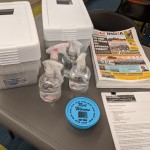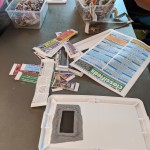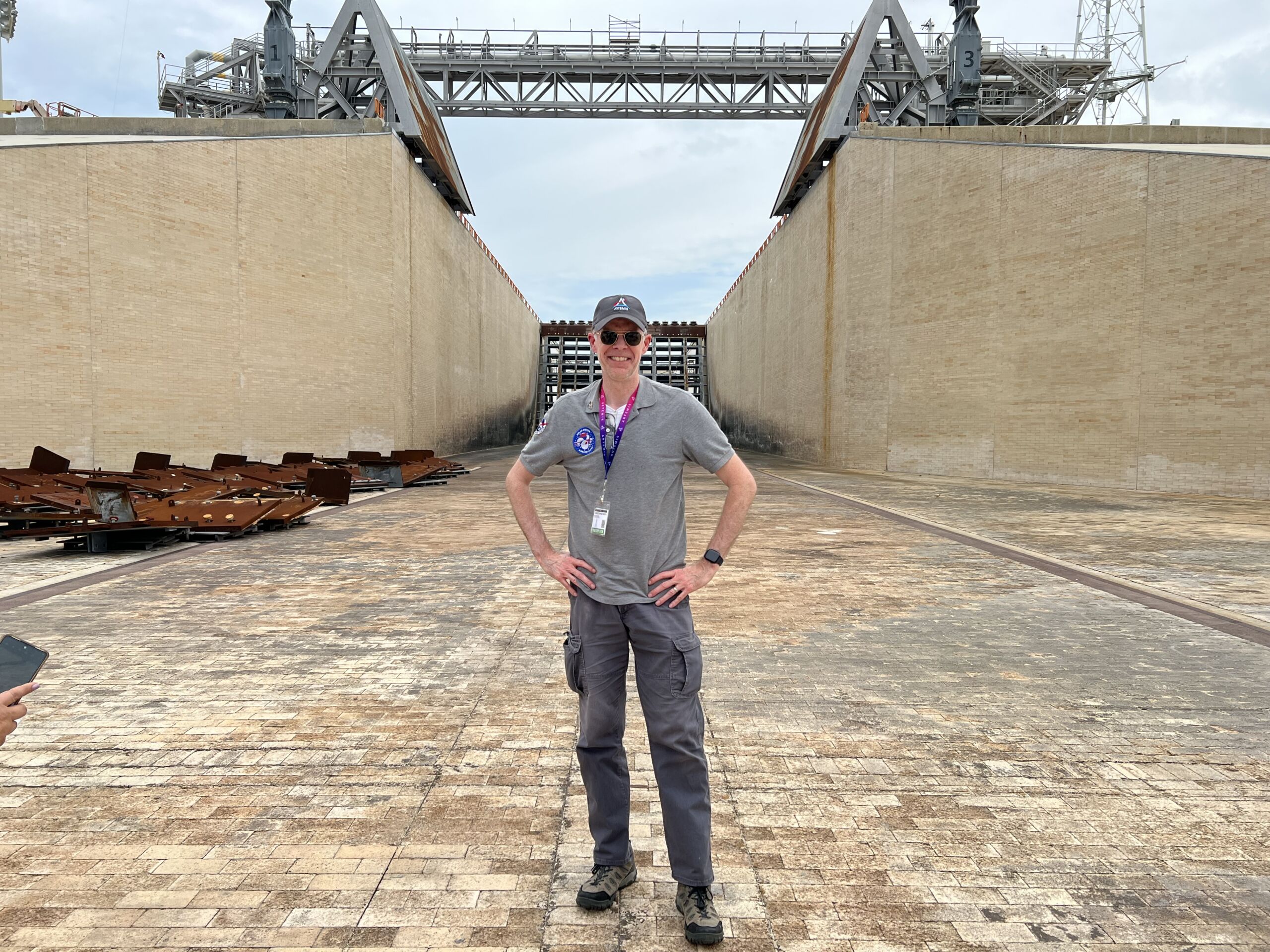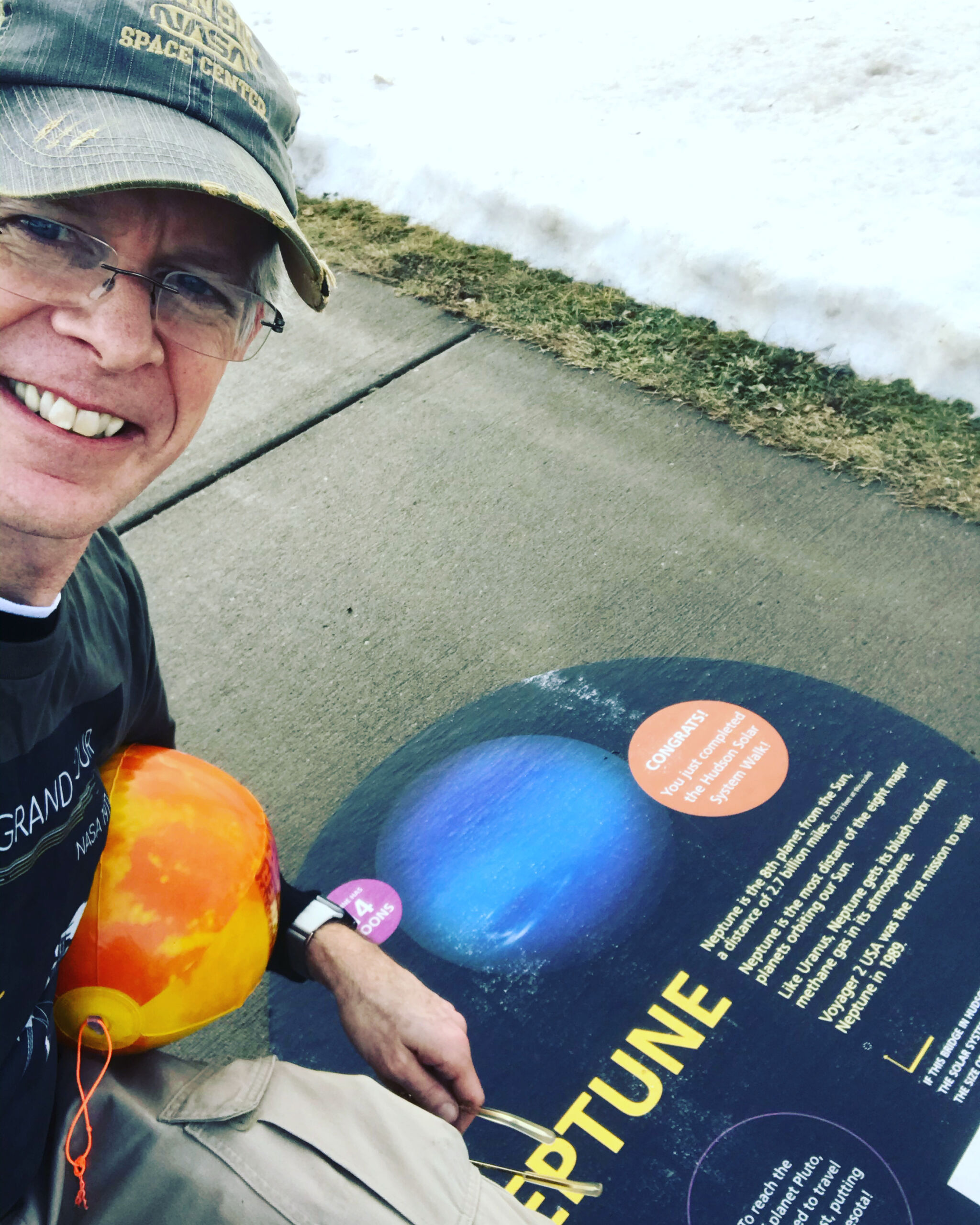November programs at Skokie Public Library focused on food in a variety of ways. On Mondays, we provided an International Snack Cart showcasing local restaurants and continued our Be the Chef workshop series. To align with this theme, Be the Scientist, a hands-on STEAM program for grades 3-5, featured vermicomposting this month. Here’s what we did.
We purchased shoe-box sized plastic bins and limited the program to 12 participants. The boxes were prepared in advance of the program as this required cutting a 2in x 2in opening in the top and then affixing netting wit a hot glue gun. The bins were also pre-washed to remove any residue that might be harmful to the worms used in composting. Additional supplies included newspaper, which we had at the library, red wiggler worms purchased at a local fishing store, and spray bottles with water. We also printed care sheets from Cornell University’s Waste Management Institute.
The program began with a brief slide presentation to share information about the process of composting and the different ways people may compost in the community as this is a relatively new approval of the village. After participants shared their prior knowledge about composting and we supported this with some facts,we transitioned to discussing vermicomposting.
This term was unknown by the group so we spent some time talking about worms and what their ecological role is. Since the end result was a functional vermicomposting bin, the activity was completed together, step by step, with care information shared along the way.
Participants were excited to see the worms and some were even willing to touch them. They shared how they would use the compost (e.g. worm poop) with their houseplants and later, their outdoor gardens. When we discussed caring for the worms, we equated the compost bin as to having a pet and this resonated with the participants. Care sheets were distributed and upon registering, we shared the expectation that participants would be taking home the shoe-box sized compost bin.
We understand there is a risk involved with this program, in that the worms may not survive their new homes. We have provided this program before as we continue to see interest in our community around composting and other sustainable lifestyle choices. This program resulted in only 4 participants and all were eager to take care of their vermicomposting bins.






Leave A Comment